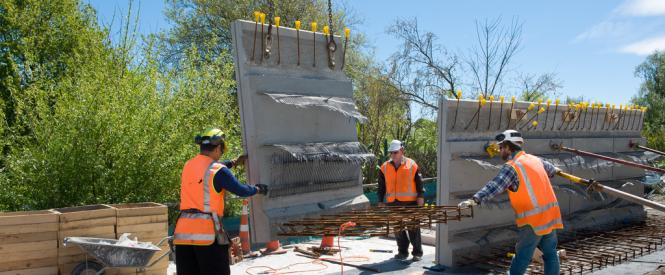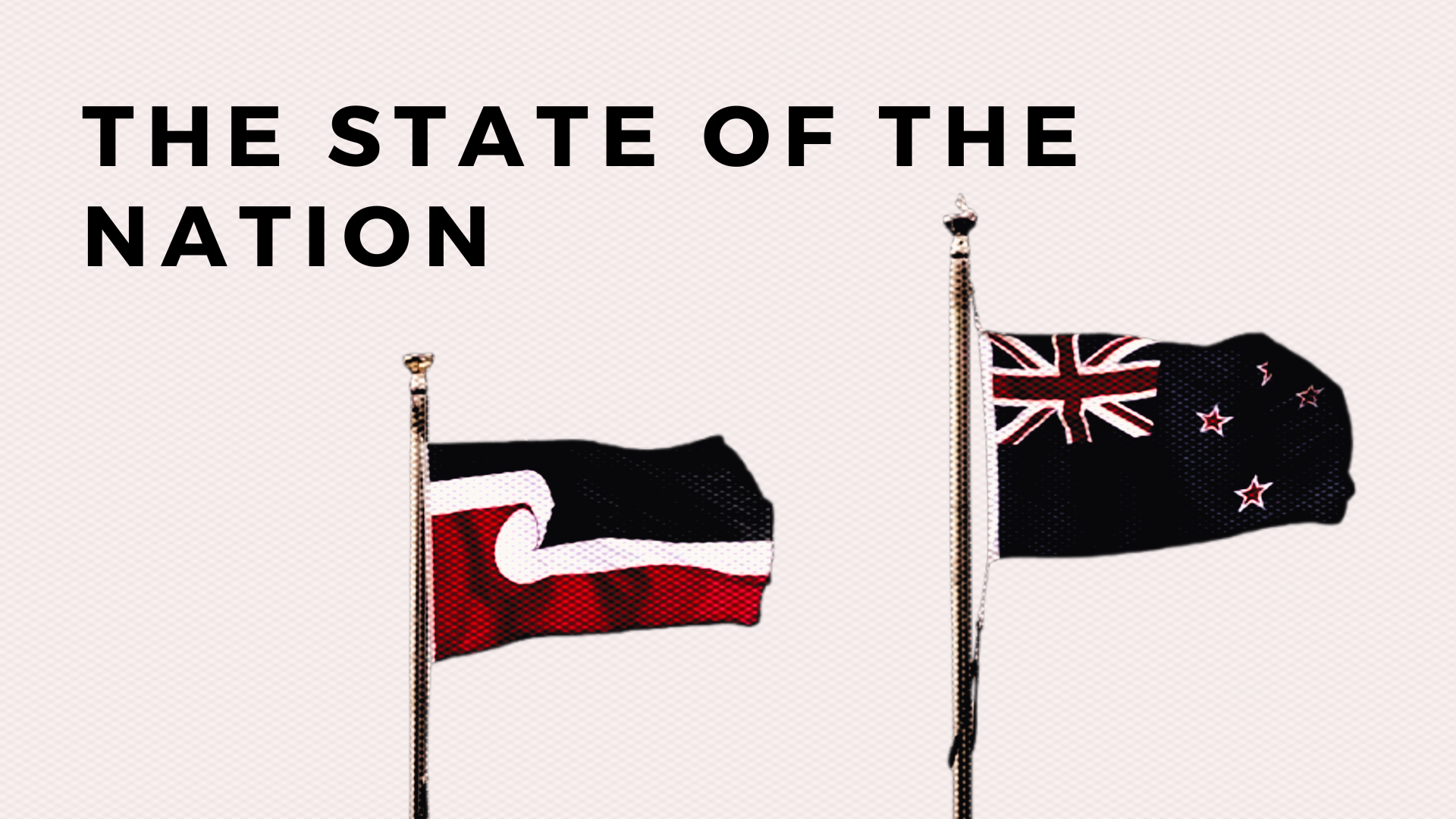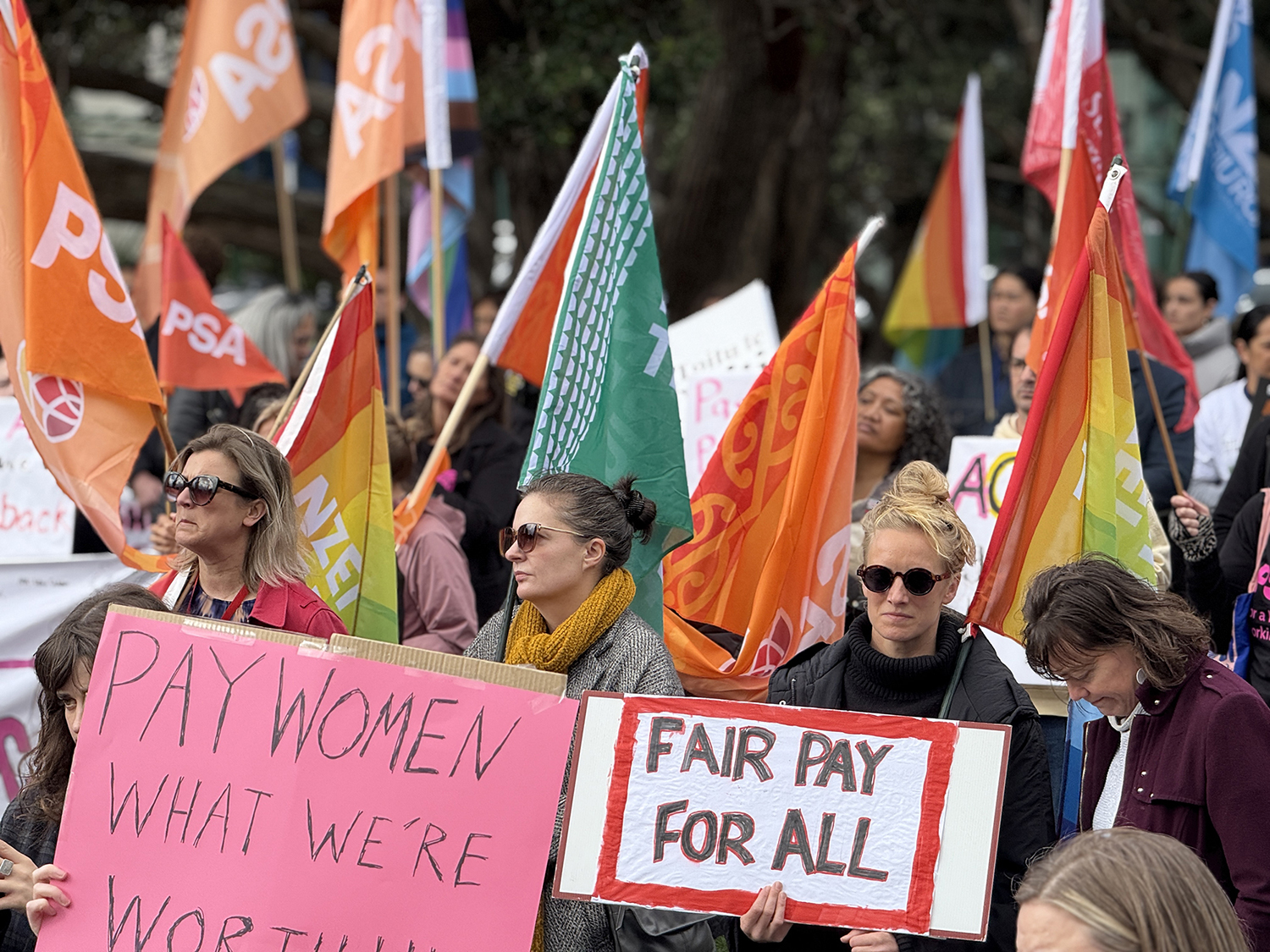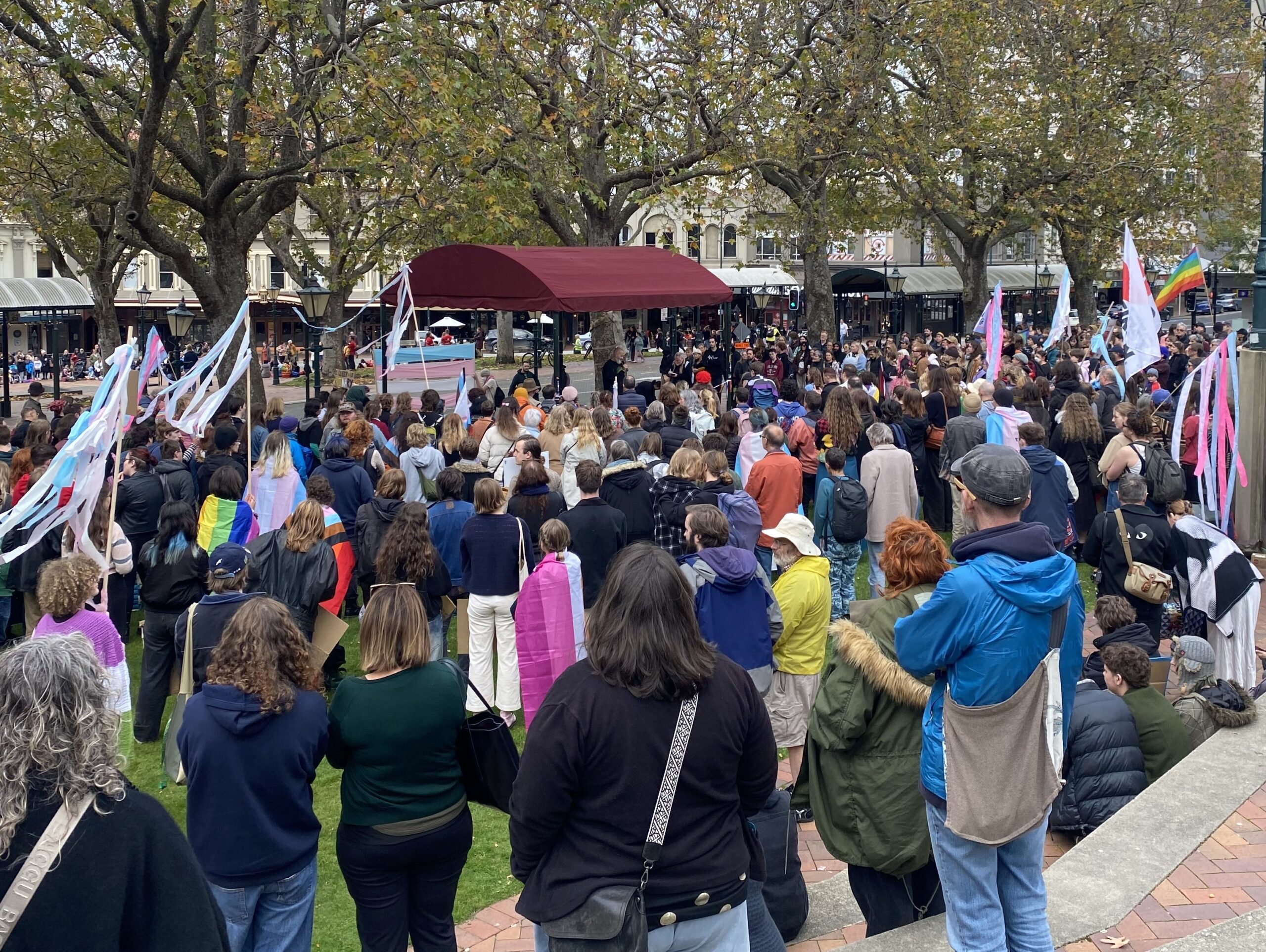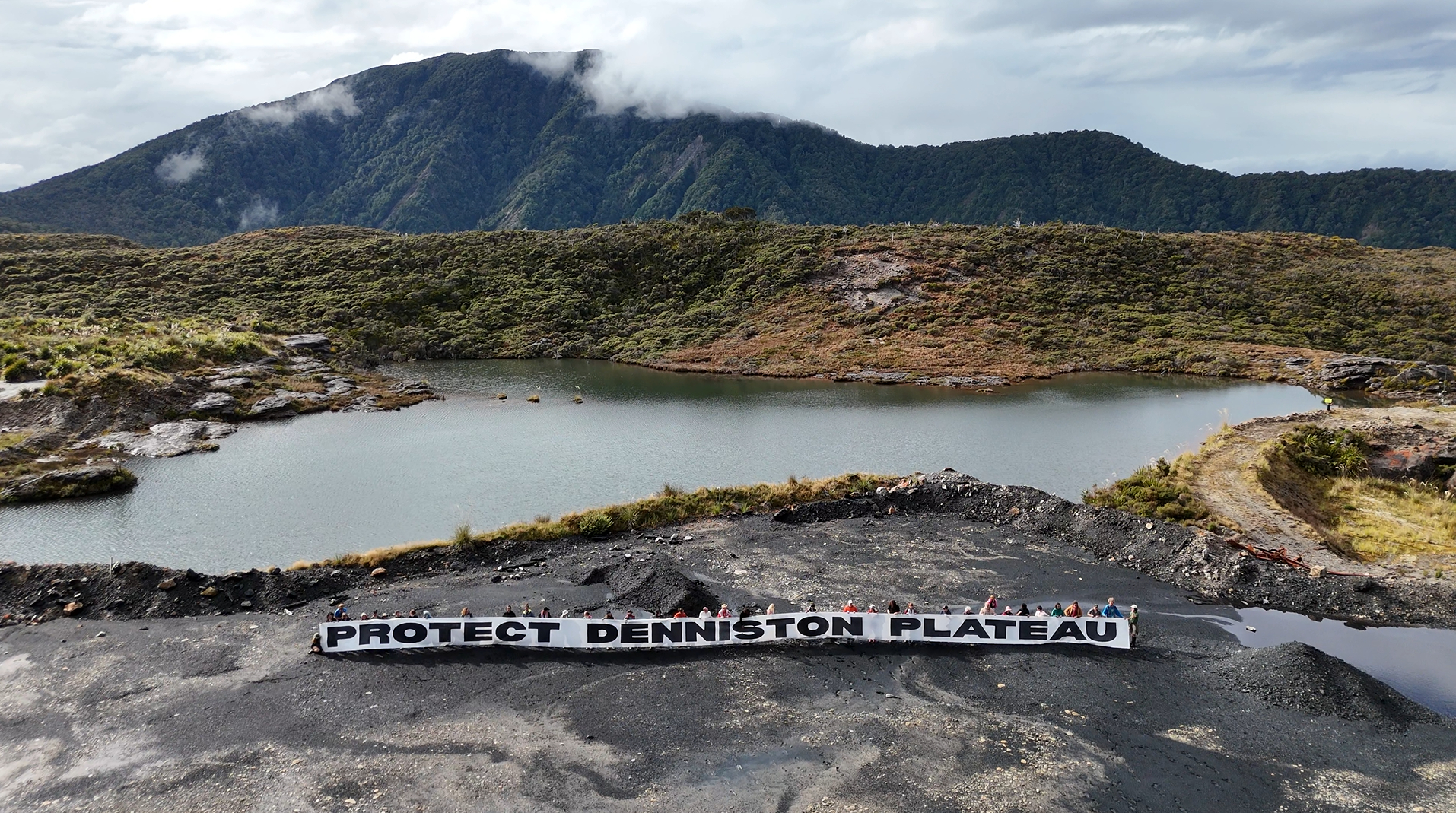In early January there was a rerun of stories in the media about a new law to “crackdown on migrant exploitation.” When the Immigration Amendment Bill No. 2 was introduced in Parliament in October last year First Union highlighted the case of Filipino workers in Christchurch being told that they must work on Saturdays without pay or be sent home. The January spate of news items again gave publicity to this example of migrant abuse. The new law, we are told, will deal with scandals like this by ending the anomaly that it is not a criminal offense for employers to abuse migrants on temporary work visas while it is a criminal offense to abuse illegal immigrants. With the media reporting Immigration Minister Michael Woodhouse as taking action against the exploitation of migrant workers, we must consider whether this new bill from the National Party really is benevolent.
The media describes the underpaying, non-payment and general ill-treatment of migrants as exploitation, as if ordinarily workers are not exploited. But exploitation is the essence of all ‘normal’ relations between employers and workers under capitalism. So in this article I use the term ‘abuse’ to describe practices beyond the usual exploitaiton that migrants have suffered.
There is no doubt that there is a need for action against the enduring scandals of abuse of temporary migrant workers. The traditional culprits are the orcharding and hospitality industries. Since the Oyang 75 case in 2011 we must add the fishing industry. There were media reports of abuses in Auckland in 2012. They included store workers from the Indian subcontinent being underpaid and cases of immigrant restaurant workers paying their employers huge sums for their jobs. Between July 2011 and November 2012 a total of 1,926 temporary visas were granted in relation to Christchurch. The largest group of migrants were from the Philippines. The unpaid Saturday working example shows that the construction industry has joined the list of offenders.
The Immigration bill introduced by the government is currently at the committee stage and is due to be passed into law in May. First Union’s spokesperson and migrant rights advocate Dennis Maga has said the bill cannot come soon enough. Caution in welcoming the bill is due as a close examination bears out. In part the new law will enable sanctions against employer abuse of migrant workers, but there is a twist to this, and in other respects the amendment bill is anti-immigrant. Overall, the bill is designed to tighten up the immigration system under which migrant workers suffer indignity and insecurity. No, National has not changed its spots. This is a nasty piece of legislation to make the Immigration Act 2009 more hardline.
The Bill has many anti-immigration proposals. Some are to give “enhanced search powers for immigration officers.” These include personal searches of migrant workers at border controls and to search for identity documents anywhere to “facilitate a deportation or turnaround.” There are other measures to do with taking biometric information from migrant workers arriving in New Zealand and giving the police the powers to use force to take biometric information from migrant workers in the country.
There are two changes proposed for the protection of migrant workers from “exploitation”. One does plug the loop-hole under which employers are not currently committing an offence under the Immigration Act for not abiding by employment laws like the Minimum Wages Act or for controlling migrant workers by withholding their passports. This change is to be welcomed as far as it goes, but in the absence of a labour inspection enforcement regime it will largely rely on migrants themselves making complaints. Dennis Maga explains temporary migrants’ vulnerable status:
“If migrant workers come forward to speak out about abuse and leave their exploitative situation, they will lose their work visa that is tied to that job. It’s not good enough to then simply go on to a visitor’s visa, with no ability to earn an income. All this does is risk workers going underground into unlawful work in order to survive. Migrant workers need the protection of an open visa that allows them to find alternative work while their case is heard, when their employment is shown to be exploitative.”
The second change would make employers’ liable to deportation if they are offenders under the changes described above and are themselves immigrants on residence class visa of less than 10 years. This is problematic. The change is dressed up as a measure to protect migrant workers. Actually, it is an anti-immigration measure that discriminates between New Zealand citizens and residence visa immigrants. Given the past publicity given to Asian Auckland employers involved in abuses there is a racist undertone. There is no need for the deportation measure. If the imprisonment and fines sanctions available for citizen employers are good enough, they are good enough for all. This second change has more to do with nationalist, anti-immigrant ideology than being a genuine measure for protecting migrant workers.
Immigration controls are a plank of the nationalist ideology that is used to befuddle workers’ heads. Foreigners, whether refugees or economic migrants, are portrayed as a threat. It is a myth that immigration controls defend New Zealand workers from unemployment. Immigration actually boosts economies. It is widely accepted that the Auckland economic recovery has been driven by immigration. All workers would gain from the end of immigration controls.
Anti-immigrant nationalism blinds workers politically to their real adversaries, the employers. Immigration controls are part of the system of ideas to keep workers from discovering their true interests in international unity.
The only sure way for workers to end employment abuses, to achieve better working conditions or to change the system completely is through unity irrespective of nationality. Unionisation of New Zealand citizen workers and migrant workers alike is the crucial unity step that is needed to end cases of abuse-exploitation as has occurred in the Christchurch building industry and elsewhere.

